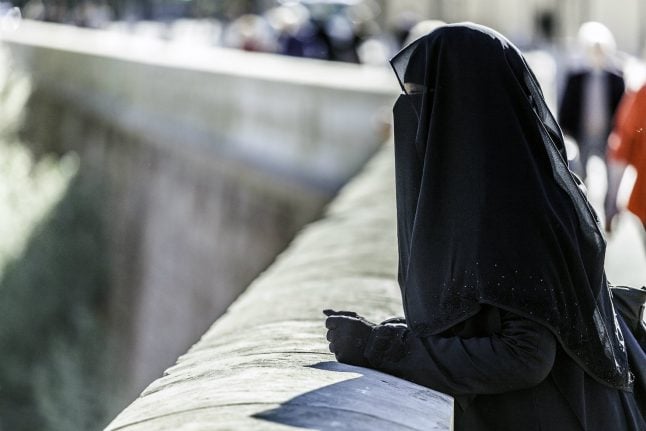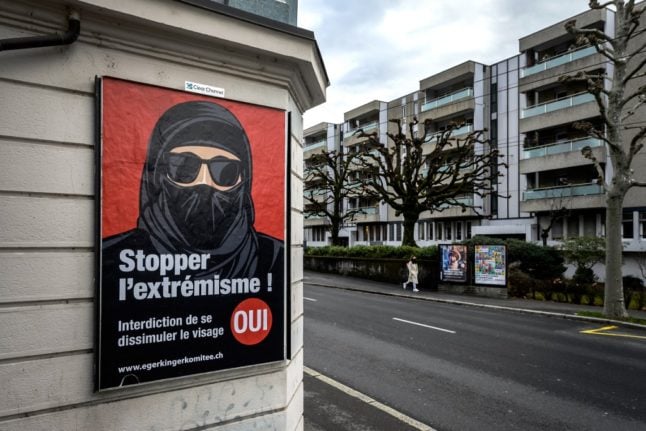A majority of the population support banning the two types of Islamic veil in public, according to an opinion poll carried out by Epinion on behalf of broadcaster DR.
According to the poll, 62 percent said they support a full ban on wearing the burqa and niqab in public, while 23 percent said the veils should continue to be allowed.
12 percent responded ‘do not know’ while three percent declined to answer the question.
Last week, a Danish model agency announced it had hired the country’s first hijab-wearing model.
But discussion of a potential ban against the face-covering burqa resurfaces regularly in Danish political debate, and the autumn 2017 parliamentary session looks set to be no exception.
The populist Danish People’s Party (DF) is set to propose a potential ban on the burqa and niqab when parliament opens – the fourth time the party has taken such a step, reports DR.
DF immigration spokesperson Martin Henriksen told broadcaster DR that he saw the result of the poll as sign of support for his party’s position.
“It is very positive. It show the debate is moving forwards and means the other parties at [Danish parliament, ed.] Christiansborg are also catching on. At least, I hope they are,” Henriksen said.
Critics of the ban say that a ban would only serve to further isolate from Danish society women who currently wear the two types of veil.
A ban on the burqa, while previously rejected in Denmark as being in breach of the country’s constitution, may nevertheless have become more viable since European Court rulings in cases in France and Belgium.
Amongst Denmark’s other conservatives parties, the official position on the issue varies. The Liberal Alliance party is against a ban, the Conservatives support it, while senior coalition government party the Liberal (Venstre) party remains undecided, with some of its MPs in support of and others against the ban, reports DR.
The opposition Social Democrat party leader Mette Frederiksen has previously said that she was prepared to “discuss” a potential ban on the burqa and niqab.
Social Democrat MP Mattias Tesfaye, a member of parliament’s immigration committee (Udlændinge- og Integrationsudvalget), told DR that he was not surprised by the result of the poll.
“I am provoked myself when I see a woman in a burqa. Not so much by the woman, but by what it stands for. I actually perceive it as a form of prison,” Tesfaye said.
The MP added that his party “had not clarified its position in regard to whether it supports a general ban”.
The actual number of people who wear either the burqa or niqab in Denmark is not known precisely, according to DR’s report.
The most recent figures come from 2010, when a government report estimated the number to be between 150 and 200 women, with the majority of these wearing the niqab, rather than the burqa. Niqabs have a slit through which the wearer’s eyes can be seen, while burqas cover the face entirely, with the wearer seeing through a mesh in the material.



 Please whitelist us to continue reading.
Please whitelist us to continue reading.